Nature inspires—the sunrise over the bay with birds flying in a perfect V formation, the changing colors in the setting sky, the double rainbow that graced us not long ago, the intricate details of an orchid flower in bloom. Artists capture and share these moments through photographs, paintings and other forms.
Environmental Art, or the use of the environment in art, started as far back as cave paintings, when aspects of nature would be illustrated on cavern walls. In the 1960s it evolved into a movement where artists, such as Nils-Udo, would use natural materials in their creations to celebrate a connection with nature. Today, Environmental Art has expanded to incorporate the use of other media as a way to convey ideas and raise awareness on environmental issues like global warming and the impact that our actions have on our planet.
Can this art be a catalyst of change? Can it make a difference? Locally, we have been privileged with the works of many Environmental Artists, such as Bev Murphy, who used organic materials to create an incredible Boo-Tanical Halloween display at Fairchild in 2015, and Thomas Dambo, who recently used discarded materials to bring Trolls to life at Pinecrest Gardens. Xavier Cortada is a remarkable local artist that has put together amazing and thought provoking projects that bring awareness to rising sea levels and more. He is very direct in his approach and is taking the discussions to our local schools, as education is a fundamental part to inducing change. I encourage exploring his various projects directly on his website. You may recognize his project HOA which resulted in artistic interventions on our roads.
The challenge in art that is created to address pressing matters, is that it does not always present solutions, as the answers are complex and there is no one right way to tackle the problem. When it comes to addressing a response to the Environmental Art movement, we can start with simple changes in our habits and encouraging and inspiring others to follow in refusing, reducing, reusing, and recycling. When we go to the beach, I want to see future Environmental Artists shaping hearts in the sand with seashells and hopefully not plastic bottle caps or PPE. This month, as we reflect on these local artists and the Environmental Art movement, let us all celebrate nature together and promote positive change.
Small changes. Large impact. In a fight for green, we are all equal.

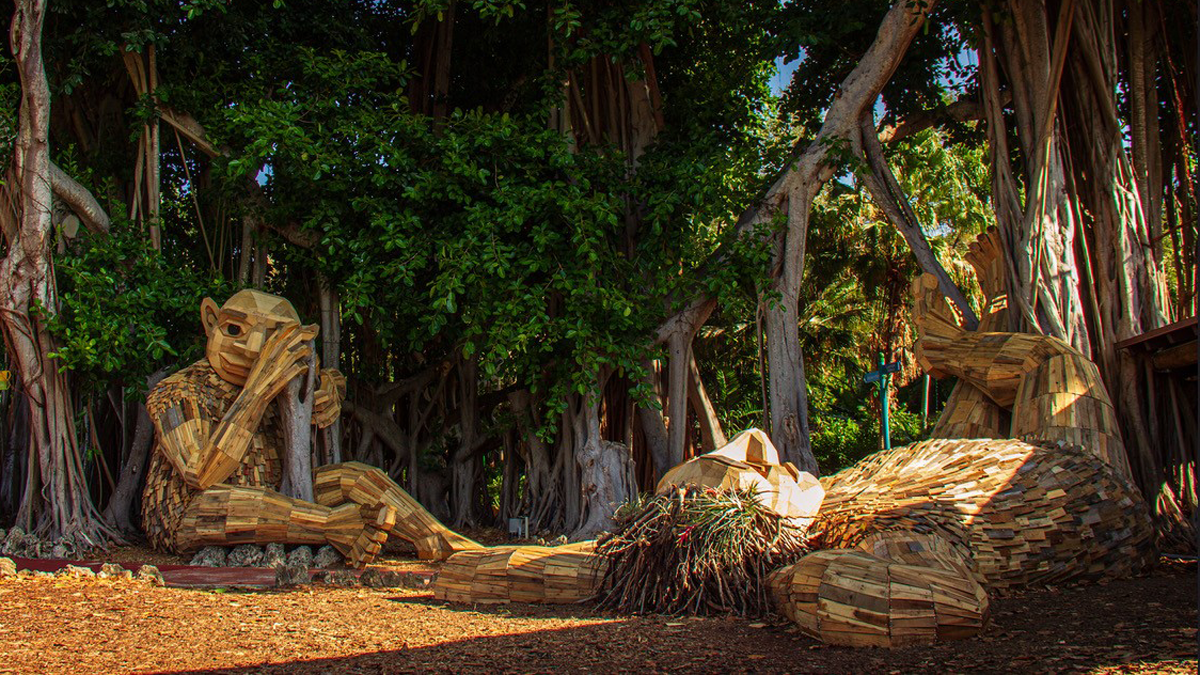
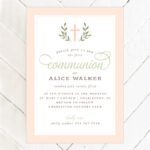

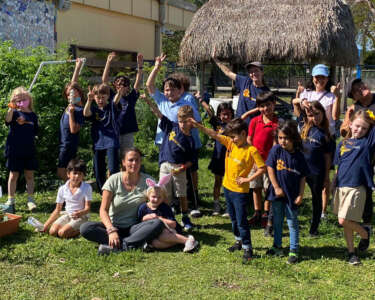
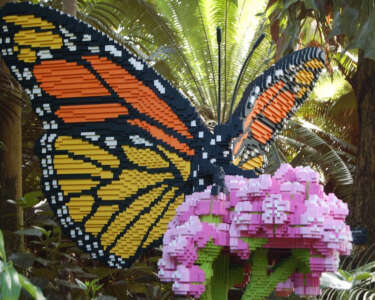
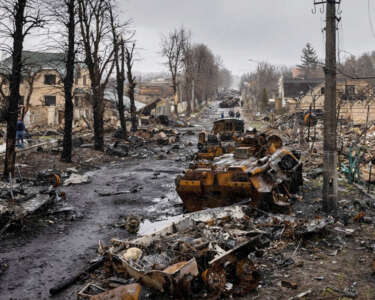
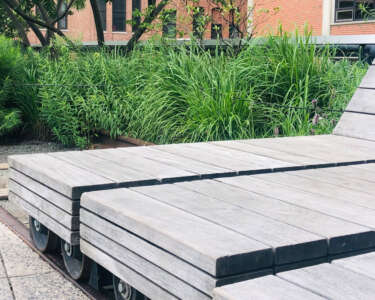






 Deering Estate
Deering Estate
 Massage Envy South Miami
Massage Envy South Miami
 Calla Blow Dry
Calla Blow Dry
 My Derma Clinic
My Derma Clinic
 Sushi Maki
Sushi Maki
 Sports Grill
Sports Grill
 The Healthy Kitchen
The Healthy Kitchen
 Golden Rule Seafood
Golden Rule Seafood
 Malanga Cuban Café
Malanga Cuban Café

 Kathleen Ballard
Kathleen Ballard
 Panter, Panter & Sampedro
Panter, Panter & Sampedro
 Vintage Liquors
Vintage Liquors
 The Dog from Ipanema
The Dog from Ipanema
 Rubinstein Family Chiropractic
Rubinstein Family Chiropractic
 Your Pet’s Best
Your Pet’s Best
 Indigo Republic
Indigo Republic




 ATR Luxury Homes
ATR Luxury Homes


 2112 Design Studio
2112 Design Studio
 Hamilton Fox & Company
Hamilton Fox & Company
 Creative Design Services
Creative Design Services
 Best Pest Professionals
Best Pest Professionals
 HD Tree Services
HD Tree Services
 Trinity Air Conditioning Company
Trinity Air Conditioning Company
 Cisca Construction & Development
Cisca Construction & Development
 Mosquito Joe
Mosquito Joe
 Cutler Bay Solar Solutions
Cutler Bay Solar Solutions


 Miami Royal Ballet & Dance
Miami Royal Ballet & Dance
 Christopher Columbus
Christopher Columbus
 Pineview Preschools
Pineview Preschools
 Westminster
Westminster
 Carrollton
Carrollton
 Lil’ Jungle
Lil’ Jungle
 Frost Science Museum
Frost Science Museum
 Palmer Trinity School
Palmer Trinity School
 South Florida Music
South Florida Music
 Pinecrest Orthodontics
Pinecrest Orthodontics
 Dr. Bob Pediatric Dentist
Dr. Bob Pediatric Dentist
 d.pediatrics
d.pediatrics
 South Miami Women’s Health
South Miami Women’s Health

 The Spot Barbershop
The Spot Barbershop
 My Derma Clinic
My Derma Clinic




 Miami Dance Project
Miami Dance Project

 Rubinstein Family Chiropractic
Rubinstein Family Chiropractic
 Indigo Republic
Indigo Republic

 Safes Universe
Safes Universe
 Vintage Liquors
Vintage Liquors
 Evenings Delight
Evenings Delight





 Atchana’s Homegrown Thai
Atchana’s Homegrown Thai
 Baptist Health South Florida
Baptist Health South Florida

 Laser Eye Center of Miami
Laser Eye Center of Miami
 Visiting Angels
Visiting Angels
 OpusCare of South Florida
OpusCare of South Florida

 Your Pet’s Best
Your Pet’s Best





 HD Tree Services
HD Tree Services
 Hamilton Fox & Company
Hamilton Fox & Company


 Creative Design Services
Creative Design Services